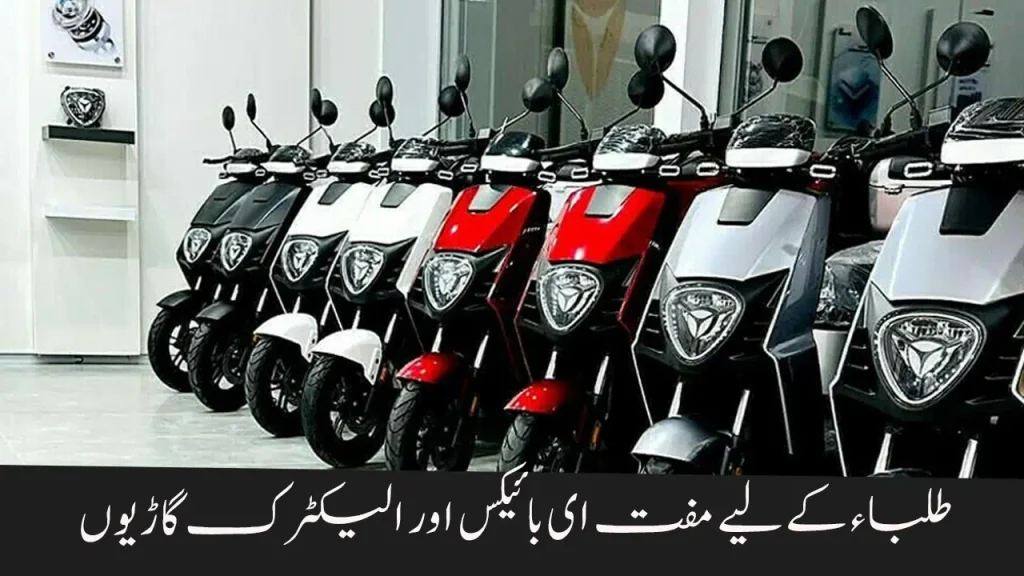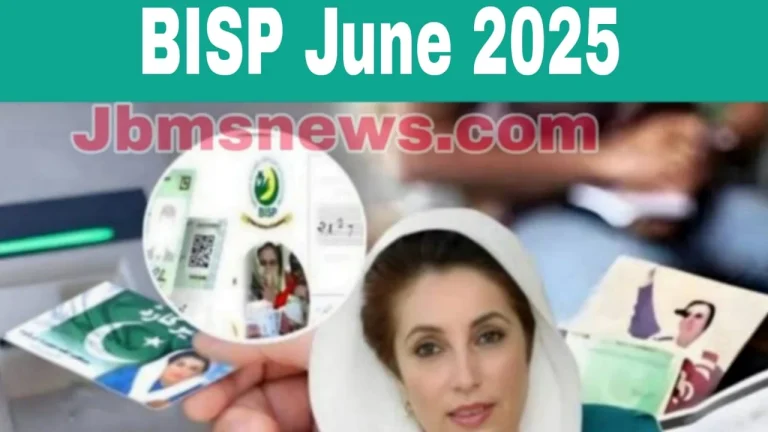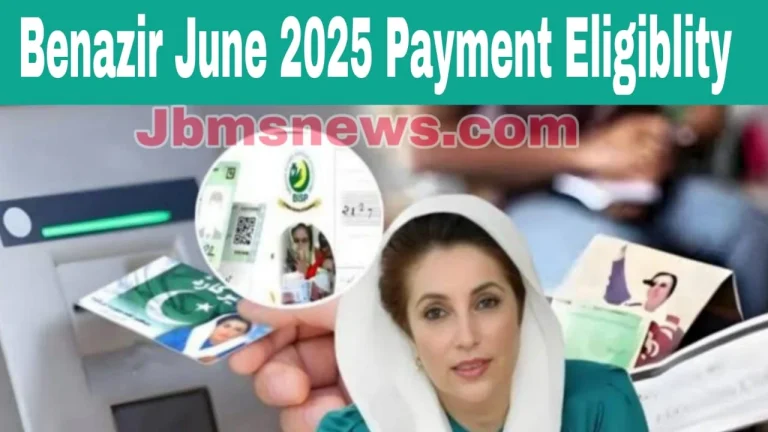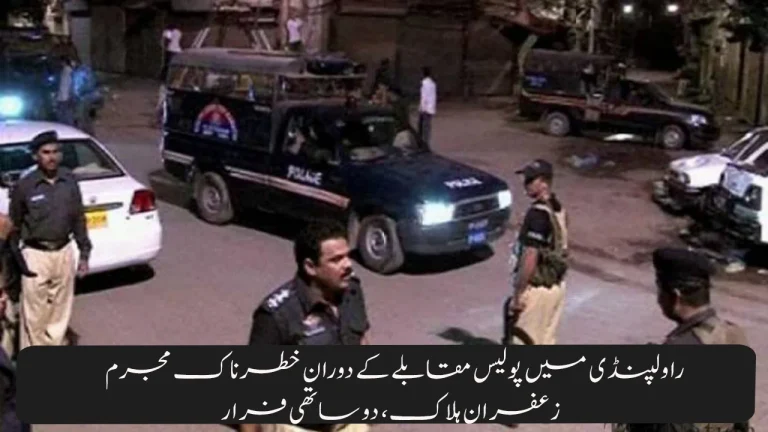Pakistan Approves Free E-Bikes for Top Students & EV Subsidies | ECC 2025 Update

In a powerful move combining environmental responsibility with educational reward, Pakistan’s Economic Coordination Committee (ECC) has greenlit a series of new decisions aimed at promoting electric mobility and rewarding academic excellence. Among the most exciting outcomes is the approval of free electric bikes (E-bikes) for students who top their exams, as well as subsidies for E-bikes and E-rickshaws across the country.
This decision reflects the government’s renewed focus on clean energy solutions, modern transportation, and uplifting youth through incentives that go beyond traditional awards.
The ECC’s Big Announcement: What’s Included?
At a high-level meeting chaired by Finance Minister Muhammad Aurangzeb, the ECC reviewed and approved several significant policy items. These decisions form part of Pakistan’s broader efforts to reduce pollution, cut down on fuel dependency, and reward merit in education.
Here are the major highlights:
Free E-Bikes for Position Holder Students
One of the standout features of the approved plan is the provision of completely free electric bikes to students who secure top positions in their academic examinations.
- This applies to both school and university level students who achieve top ranks.
- The goal is to not only reward academic excellence but also encourage students to embrace environmentally-friendly transportation.
This move also helps in tackling two important areas at once—student mobility and climate-friendly policies.
Electric Vehicle Subsidy Scheme for the Public
Apart from supporting students, the ECC also approved a large-scale subsidy on electric vehicles—mainly E-bikes and E-rickshaws—which are widely used for daily commuting and small business transportation.
- Funding Approved: PKR 9 billion has been allocated to support this program.
- Target Beneficiaries: Common citizens and small-scale business owners who rely on motorcycles and rickshaws for their livelihoods.
This subsidy is aimed at making electric vehicles more affordable, reducing carbon emissions, and offering cost-effective transport options to the public.
How Many Vehicles Will Be Distributed?
Under this initiative, a large number of electric vehicles will be distributed over the coming year:
- Total E-bikes Planned: 116,000
- Total E-rickshaws Planned: 3,170
In the First Phase:
- 40,000 electric bikes will be distributed.
- 1,000 electric rickshaws will be released.
These numbers reflect a serious effort to move the needle on electric mobility in Pakistan. This is not just a small-scale trial, but a full-fledged policy rollout.
Support for Remittance Scheme and Education Sector
Alongside the electric vehicle policies, the ECC also made other financial decisions:
Clearing Pending Dues for Remittance Schemes
- The government has approved a supplementary grant of PKR 30 billion to clear the outstanding dues under the remittance scheme.
- Authorities have been directed to submit a complete financial analysis and report by mid-September, ensuring transparency and accountability in the spending.
Financial Support for Quaid-e-Azam University
- Recognizing the financial challenges faced by one of the country’s top universities, the ECC also approved a bailout grant of PKR 2 billion.
- However, this grant comes with a condition: the university must present a concrete plan for achieving financial self-sustainability, ensuring that it does not rely on future government bailouts.
Who will receive the free E-bikes?
Students who secure top positions in their exams will be awarded free electric bikes as a reward for academic excellence.
How can the general public apply for a subsidized E-bike or E-rickshaw?
The application process will be announced soon by relevant departments such as the education or transport authorities.
What is the purpose of this scheme?
The scheme aims to reduce environmental pollution, lower dependence on fuel, and provide affordable, eco-friendly transport options to students and citizens.
When will the bikes and rickshaws be distributed?
The distribution is planned for the fiscal year 2025–26, with Phase 1 delivering 40,000 E-bikes and 1,000 E-rickshaws initially.
Will these vehicles be manufactured locally?
While it’s not officially confirmed yet, local production is likely to be encouraged to promote job creation and reduce costs.
✅ Conclusion
This initiative by the Pakistani government is a significant step toward clean energy, student empowerment, and economic sustainability. By providing free E-bikes to students and subsidies on electric transport, the policy not only benefits individuals but also contributes to a greener and smarter future for the country.
Read this: Punjab Government Approves Free Housing & Wage Hike for Industrial Workers | Cabinet Highlights
Read this: Dollar and Gold Prices Drop in Pakistan – August 2025 Market Update






